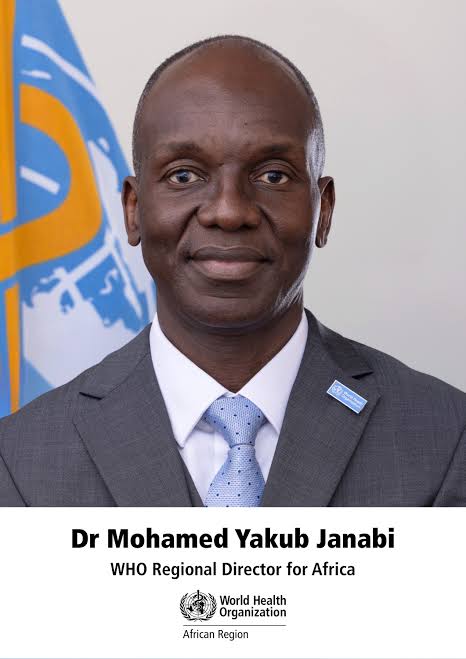ABUJA — The World Health Organization (WHO) has declared that cervical cancer can be eliminated across Africa within a single generation, provided countries urgently scale up HPV vaccination, screening, and treatment services.
In a strongly worded message marking World Cervical Cancer Elimination Day on 17 November, WHO Regional Director for Africa, Dr. Matshidiso Moeti (correction: the original text incorrectly named Dr. Mohamed Janabi; the current Regional Director is Dr. Matshidiso Moeti), called for renewed political will and sustained investment to end what she described as a “preventable tragedy.”
“Cervical cancer remains one of the leading causes of cancer death among women in our region, yet it is also one of the most preventable and treatable when detected early,” Dr. Moeti said. “With the tools we have today — safe and effective HPV vaccines, simple screening tests, and accessible treatment — elimination is not a dream. It is a realistic target.”
Progress and momentum
Significant strides have been made in recent years. Thirty-two African countries have now introduced the HPV vaccine into routine immunisation programmes, reaching nearly half of eligible girls. Several additional nations launched national roll-outs in 2025, with at least eight more scheduled to begin in 2026.
“Every new country that introduces the vaccine is saving lives before the cancer even has a chance to develop,” Dr. Moeti noted.
The WHO is also promoting the Women’s Integrated Cancer Services (WICS) framework, which integrates cervical and breast cancer screening and early treatment into primary health care. The initiative, presented to African health ministers at the 75th WHO Regional Committee for Africa, aims to deliver “continuous, women-centred care” at the community level.
Global partners, including the International Atomic Energy Agency (IAEA), the International Agency for Research on Cancer (IARC), and the Government of Spain, are supporting countries with updated national cancer plans, training for health workers, and essential radiotherapy and diagnostic equipment.
The remaining gaps
Despite these advances, the WHO warns that major barriers persist. Millions of women still have no access to screening or timely treatment, and many health systems lack the resources and infrastructure needed to close the gap.
“Too many women continue to be diagnosed late, when treatment is less effective and more costly,” Dr. Moeti said. “We cannot accept a situation where a woman’s postcode determines whether she lives or dies from a preventable disease.”
She urged all African governments to accelerate action across the three pillars of the global cervical cancer elimination strategy:
- Achieve 90% HPV vaccination coverage of girls by age 15
- Screen 70% of women at least twice in their lifetime
- Ensure 90% of women with cervical disease receive appropriate treatment
A call for sustained commitment
“Elimination will not happen overnight,” Dr. Moeti emphasised. “It demands long-term political leadership, predictable financing, community engagement, and the active involvement of men and boys in supporting women’s health.”
Concluding her message, she stated: “Together, we can create an Africa where no woman dies from cervical cancer — a future in which every girl and woman, no matter where she is born, has the protection, care, and dignity she deserves.”
World Cervical Cancer Elimination Day, observed annually on 17 November, was established by the World Health Assembly in 2020 as part of the global strategy to eliminate the disease as a public health problem by 2030 in every country.

